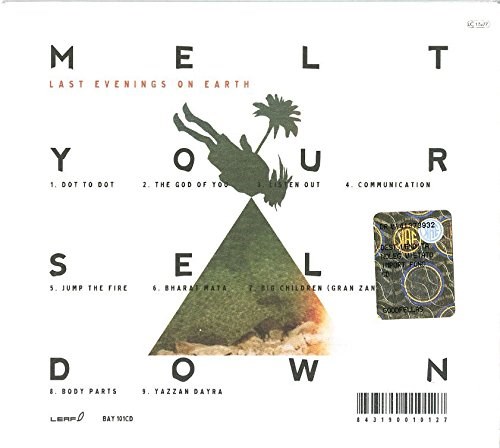
The very first sketch is of a writer who supports himself by writing 'stories' for competitions with small money prizes sponsored by dismal small literary magazines, toward which the character and the narrator feel nothing but disdain.

In a curious way, the collection reminds me of the American 'classic "Winesburg, Ohio," but whereas the older book slurps into sentimentality and focuses on a single singular community, "Last Evenings" poses as apathy and sprawls over three continents. In Roberto Bola?o's novellas Distant Star and By Night in Chile, one feels a passionate hatred for things that go wrong, and a rarer adoration for the few things that go right, but in these sketches the dominant feeling is abject submission to dismal dissatisfaction.Įach of the pieces is a sketch of a character who has shared booze or a bed with the narrator, who remains an indistinct and half-hearted presence.

And the strength of these stories is not as much the plot as the intoxicating mood the author creates and recreates time and again.The pieces in this collection are not so much stories as 'sketches', or perhaps prose-poems in drabness and desolation. I won’t describe each story because they wouldn’t sound very good and you might not read them, which would be a shame. Of the fourteen stories in this collection, I put stars in the table of contents next to “The Grub,” “Anne Moore’s Life,” and “Last Evenings on Earth” (in a discussion of the author, I once heard “Anne Moore’s Life” described as quintessential Bolaño, which is what prompted me to get this book). He jumps from the mundane of everyday life to paranoid, surreal and frightening symbolism, to grand passages that advance in epic leaps that would make Marquez proud (even though his style is very different from Marquez’s).


His world is fairly homogenous from what I’ve read of it-any place you dive in will give you a similar impression, if not the exact story, of anywhere else: disenchanted rebels and literati, prostitutes and wayward souls, looming violence, drugs, semi-autobiographical references, random encounters, a fluid plot and a dreamlike haze hanging over all of it. If you’ve ever considered reading Roberto Bolaño but weren’t sure you wanted to tackle the epic darkness of 2666, you might start with the bite-size darkness of his short stories.


 0 kommentar(er)
0 kommentar(er)
